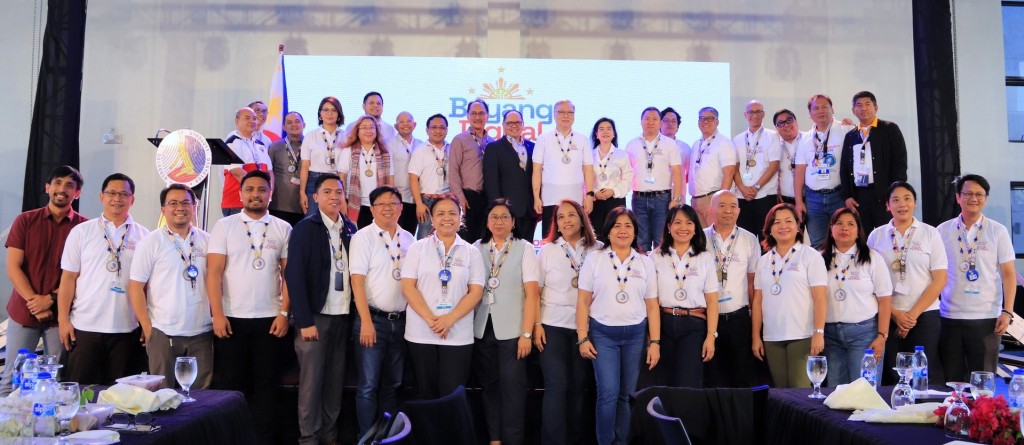
Clark, Pampanga – The Department of Information and Communications Technology (DICT) successfully kicked off its Regional Roadshow 2024 at the National University in Clark, Pampanga, on March 14, under the theme “Bayang Digital ang Bagong Pilipinas.”
Secretary Ivan John Uy, along with dignitaries including Zambales Governor Hermogenes Ebdane Jr. and National University President Dr. Renato Carlos Ermita Jr., addressed an audience comprising DICT officials, local government representatives, academicians, and Central Luzon residents.
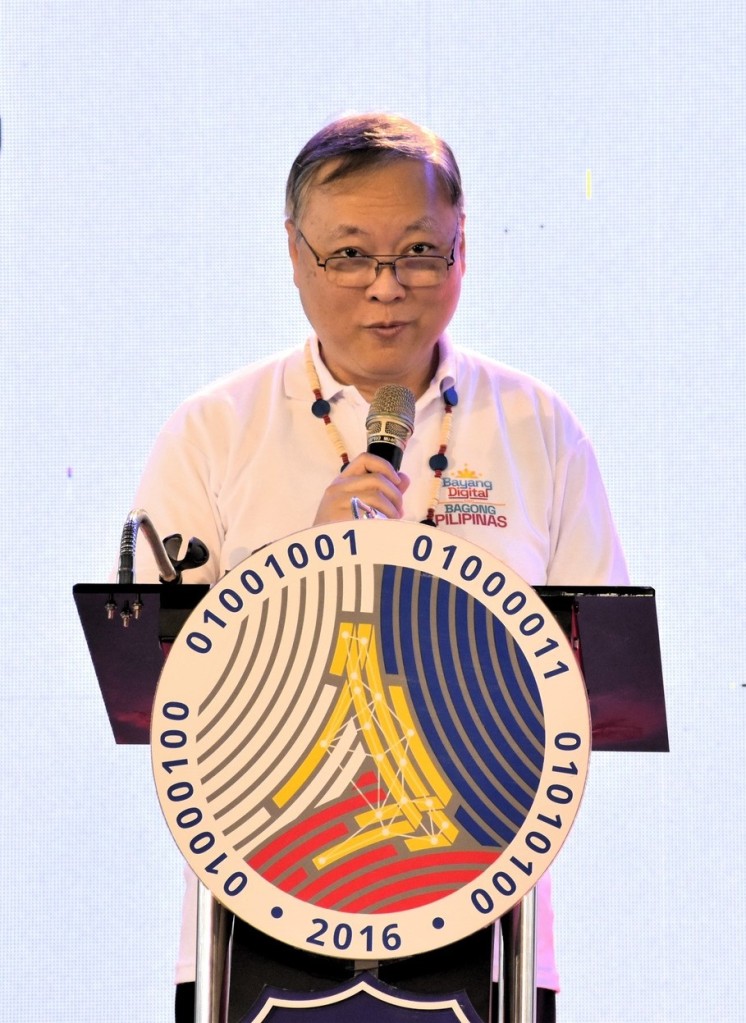
Secretary Uy emphasized the Philippine government’s commitment to leveraging ICT for economic development and social inclusivity under the Bagong Pilipinas campaign. The Roadshow organized under the leadership of Undersecretaries Paul Joseph Mercado and Jeffrey Ian Dy aims to bring DICT closer to stakeholders, debunking myths and showcasing the transformative impact of digital technologies. The event highlighted DICT-developed initiatives like the eGovPH App for streamlined government services, the Digital Cities Program showcasing Metro Clark’s ICT development, and programs ensuring online safety, digital job opportunities, and nationwide internet connectivity through the Broadband ng Masa and National Broadband Programs.
The two-day event focuses on engaging with citizens to understand their needs and aspirations, reinforcing the government’s role as a collaborative partner in the nation’s digital transformation. Secretary Uy expressed gratitude to all participants and called for collective efforts towards a digitally empowered future, marking a significant step towards a progressive and connected Philippines.

The opening day began with ceremonial activities, including an invocation, the national anthem, and welcome messages from distinguished guests such as Dr. Renato Carlos Ermita, President and CEO of National University. The highlight of the morning was the keynote address by Secretary Uy of DICT, who emphasized the importance of digital innovation in governance and public service.
Secretary Uy delivered a comprehensive speech emphasizing the critical role of information and communications technology (ICT) in realizing the vision of a new Philippines. The Secretary highlighted the administration’s focus on ICT as a key driver of economic development and social inclusivity. The DICT’s commitment to implementing programs that foster a more inclusive and resilient society was underscored, with an emphasis on the transformative power of ICT in governance and public service.

The Roadshow was presented as an effort to bring DICT’s programs closer to the stakeholders, aiming to transcend the conventional perception of DICT’s role merely in internet connectivity and to showcase how technology can significantly transform lives. The event served as a platform for introducing DICT’s home-grown programs such as the eGovPH App, the Digital Cities Program, initiatives for online safety, DigitalJobs for training and education opportunities, and connectivity projects like the Broadband ng Masa Program and National Broadband Program.
Secretary Uy stressed the importance of engaging with the Filipino people, understanding their concerns and aspirations, and exploring how the government can become a more effective partner in digital transformation. The goal is to build a digitally empowered Philippines where every citizen is connected, the government is efficient, and the future is progressive. The speech concluded with a call to unite towards a digitally empowered future, reinforcing DICT’s role as a key partner in creating a modern, progressive Philippines.
Guided by the ethos of a President who puts ICT and harnessing its transformative power front and center in the national agenda, we at the DICT, have worked steadily and tirelessly to implement programs and projects that contribute to a more inclusive and resilient society.
To make it indeed more inclusive, we have put together this Roadshow that will bring our programs closer to where our stakeholders are. With many of our programs being implemented online and powered by digital technologies, the metrics used by our countrymen in assessing the efficacy of our initiatives are most likely hinged on the speed or efficiency of their internet connection and mobile service.
– Secretary Ivan John E. Uy
Following the keynote, the United States Agency for International Development (USAID) has officially handed over the Cybersecurity Policy and Incident Toolkit (CPIT) Season to the Department of Information and Communications Technology (DICT) through the BEACON project in a ceremonial event. This significant development marks a pivotal moment in the ongoing collaboration between the United States and the Philippines to enhance cybersecurity measures and infrastructure within the country.

The BEACON project, standing for “Building an Enabling Environment for Cybersecurity in the Philippines,” is a comprehensive initiative aimed at bolstering the nation’s cybersecurity capabilities. The project focuses on various facets of cybersecurity, including policy development, incident response, and capacity building among cybersecurity professionals in the Philippines.
The CPIT Season, developed under the auspices of the BEACON project, is a comprehensive set of tools and guidelines designed to aid the Philippine government, particularly the DICT, in effectively managing and responding to cybersecurity incidents. This toolkit encompasses best practices, protocols, and strategies for identifying, assessing, and mitigating cyber threats, thereby enhancing the overall security posture of the nation’s digital infrastructure.
The handover ceremony signifies a major milestone in the collaborative efforts to fortify the Philippines’ cybersecurity framework. It underscores the commitment of both USAID and DICT to ensuring a secure, resilient, and trustworthy digital environment for the government, businesses, and citizens alike.
With the CPIT Season now under the stewardship of the DICT, the department is better equipped to lead the nation in navigating the complex landscape of cyber threats. The toolkit serves not only as a resource for policy formulation and incident management but also as a foundation for ongoing education and training programs aimed at developing a robust pool of cybersecurity experts in the country.
This initiative is expected to have far-reaching implications for the Philippines’ digital economy, enabling safer online transactions, protecting sensitive information, and fostering trust in digital services. By enhancing the country’s ability to prevent, detect, and respond to cyber incidents, the CPIT Season handover is a critical step forward in securing the digital future of the Philippines.
Undersecretary David Almirol Jr., Undersecretary for e-Government, shared insights on “Digital Philippines: Accelerating Citizen Experience Through E-Governance,” setting the tone for a day filled with informative sessions and discussions.

The DICT is spearheading a comprehensive government digital transformation to enhance the Filipino experience through empowering digital governance. According to Undersecretary Almirol, this transformation is poised to impact 82 provinces, 2 million SMEs, 22 major departments, 455 national government agencies, 115 million Filipinos across 7,641 islands, 1,634 local government units (LGUs), 127 state universities and colleges (SUCs), 42000 barangays, and 103 government-owned and controlled corporations (GOCCs).
The initiative is in response to President Ferdinand Marcos Jr.’s State of the Nation Address 2023, emphasizing the immediate necessity of digitalization for better public service delivery. The current challenges faced by government services include complex websites, red tape, time-consuming processes, and excessive documentation.
DICT’s digitalization priorities encompass five pillars: eGovernment systems and platforms, national government digitalization, local government digitalization, government cloud & data centers, and information systems strategic planning. The process simplification and eGovernment implementation plan outline a shift from a fragmented to a unified, streamlined system offering numerous eGov platforms and systems.
Significant progress includes the development and implementation of 15 out of 20 eGov platforms, assistance to 69 national government agencies (NGAs) for eGov training and web linkage, and the implementation of eLGU systems across hundreds of LGUs. The eGov Cloud has hosted 377 government systems, providing technical assistance and security services.
Key projects such as the Digital National ID, eTravel, eReport, eHealth, and eGovPay demonstrate DICT’s commitment to integrating government services, facilitating secure online transactions, and ensuring accessibility to public services.

The eGovPH application, a central platform for government services, aligns with Presidential Directive PBBM-2023-041, mandating the digitalization of frontline services and their integration into the eGovPH app. This initiative is complemented by the eGovPay platform, aimed at simplifying payment processing for government services, further supported by Presidential Directive PBBM-2024-815-818 for its integration into eGovPH and eLGU applications.
In summary, DICT’s ongoing government digital transformation aims to streamline services, reduce bureaucratic inefficiencies, and foster a more digitally empowered Philippines, enhancing the lives of its citizens through efficient and secure access to government services.
The Roadshow featured breakout sessions covering a wide range of topics from cybersecurity and digital parenting to the National Broadband Plan 2.0. Each session was designed to cater to various audiences including government employees, parents, students, teachers, and regional stakeholders, aiming to spread awareness and education on digital safety, innovation, and the responsible use of technology.
The day concluded with closing remarks from Director Antonio Edward Padre of DICT Region III, who reiterated the commitment to advancing the digital landscape in the Philippines for a more connected and empowered society.

The Roadshow continued on March 15 with more insightful sessions under the Digital Innovation for Women Advancement (DIWA), including a special focus on “Girls in ICT,” featuring speakers Fatima Yambao and Marge Aviso, who will share their experiences and advocate for greater female participation in the ICT sector.
The DIWA project is an initiative aimed at harnessing ICT to advance gender equality and empower women to contribute to a sustainable digital future. It is aligned with international commitments to inclusivity, such as the ITU Resolution 70 and the ASEAN Digital Masterplan 2025, among others. DIWA’s goals include leveraging ICT for gender equality under SDG 5, promoting equal access to ICT, and involving women and girls in various digital fields like education and skills training.
The project guide allows regional offices to create their own DIWA discussions and events, fostering empowerment and engagement at the local level. The program includes seminars, workshops, and skills training in fields such as data analysis, digital marketing, and AI. It invites participation from women and girls across society, including leaders, professionals, educators, and students.
DIWA events feature speakers from DICT, the private sector, and successful women in ICT, aiming to inspire and educate attendees. Post-event feedback is integral for the continuous improvement of the program. Brand guidelines and resources are provided for consistency in DIWA-related activities.
Overall, DIWA is a comprehensive program designed to uplift and empower Filipino women and girls through ICT, promoting gender equality and inclusive growth in the digital age.



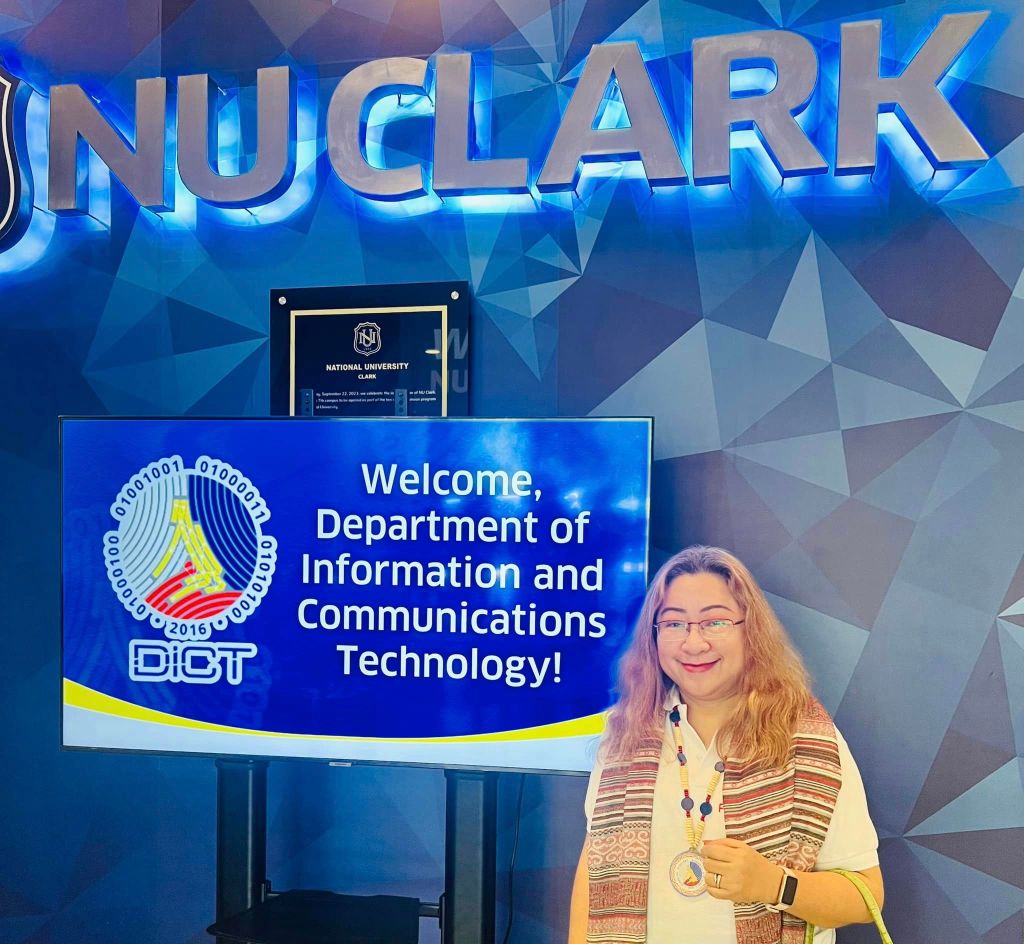
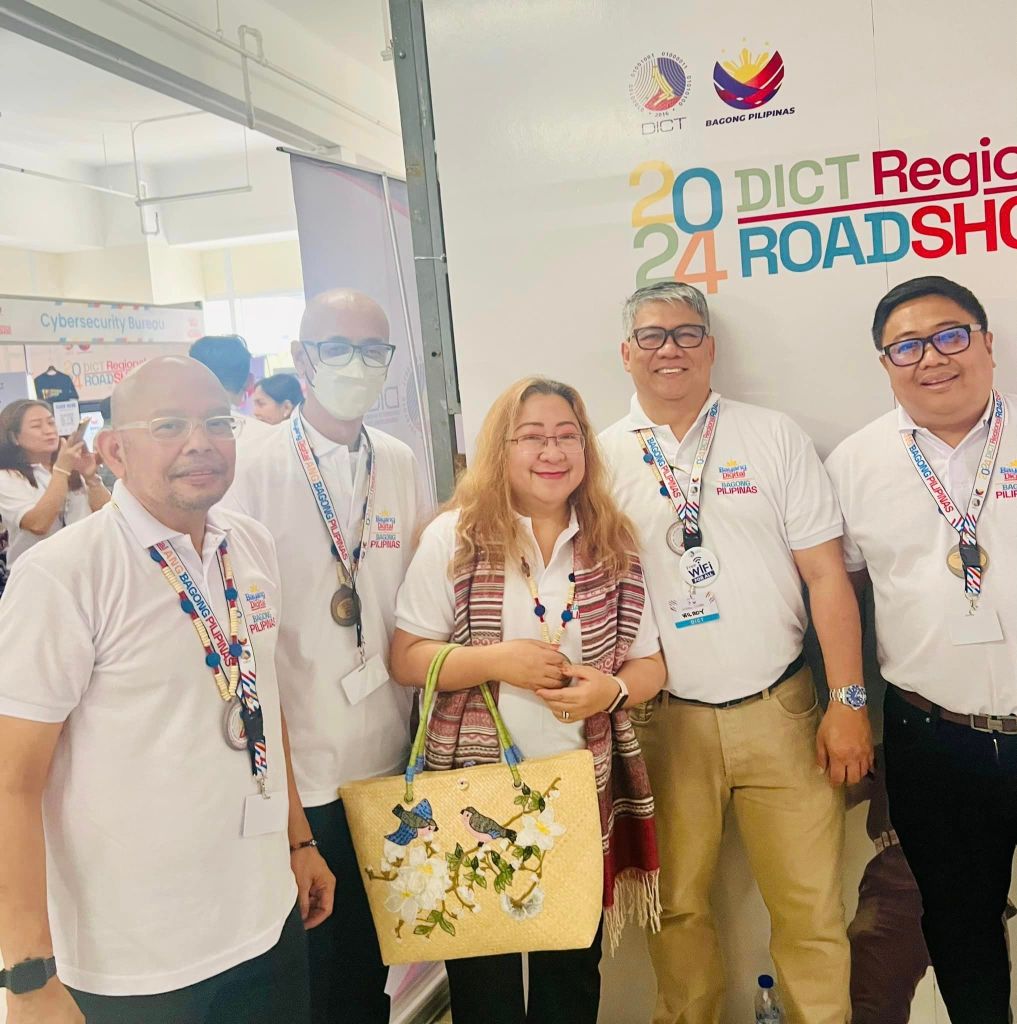

The DICT Regional Roadshow 2024 stands as a pivotal event in the Philippines’ journey towards a digitally empowered future, fostering collaboration, education, and innovation across the nation.

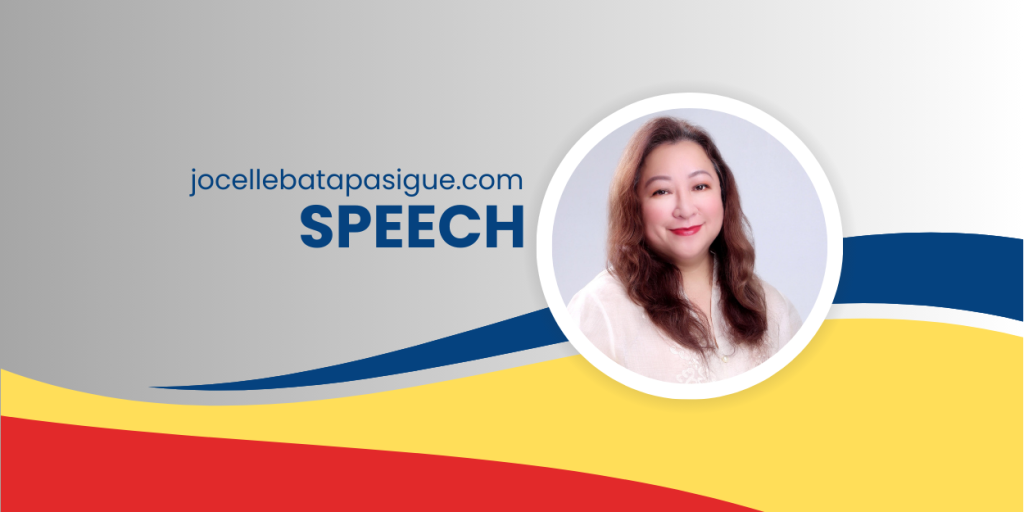

Leave a comment